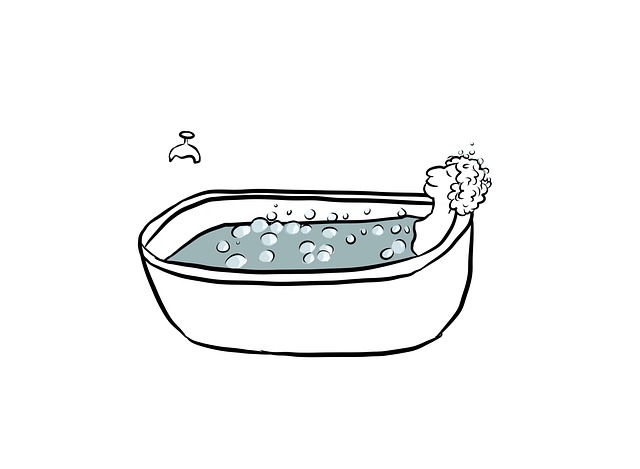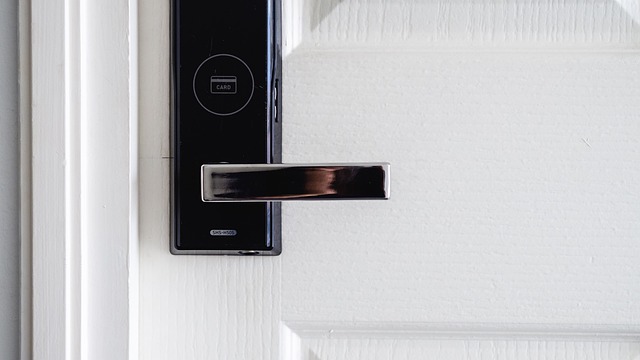In many regions, strict mold disclosure laws protect individuals from health risks associated with hidden mold growth during property transactions. Non-compliance for sellers or landlords can lead to significant legal repercussions, including financial penalties and liability claims. Awareness and adherence to these regulations are crucial to avoid legal consequences and ensure a seamless real estate process, fostering trust between landlords and tenants by promoting transparency about known mold issues.
“Uncovering the legal intricacies surrounding mold disclosure is essential for both property owners and real estate agents. In many jurisdictions, there are stringent rules mandating the revelation of mold issues to ensure tenant safety and transparency. This article explores ‘mold disclosure laws’—a critical aspect often overlooked. We’ll guide you through the legal responsibilities, potential consequences, and ways to safeguard tenants’ rights, offering insights into navigating these regulatory requirements effectively.”
- Understanding Mold Disclosure Laws: A Brief Overview
- Legal Responsibilities for Property Owners and Real Estate Agents
- Potential Consequences for Non-Disclosure: Legal Cases and Fines
- Protecting Tenants' Rights: Disclosing Mold Issues for Safe Living
Understanding Mold Disclosure Laws: A Brief Overview

In many jurisdictions, there are specific mold disclosure laws in place that require property owners or managers to inform potential buyers or tenants about known mold issues. These regulations aim to protect individuals from potential health risks associated with mold and ensure transparency during real estate transactions. Non-compliance with these laws can have serious legal repercussions, including financial penalties and liability claims.
Property sellers or landlords are typically obligated to disclose visible or known mold problems, such as water damage or musty odors, in written forms provided to buyers or tenants. Failure to do so may result in legal action from affected parties who suffer health issues or property damages related to hidden mold growth. Understanding and adhering to mold disclosure laws are essential steps to avoid potential legal consequences and ensure a smooth real estate process.
Legal Responsibilities for Property Owners and Real Estate Agents

Property owners and real estate agents have legal responsibilities regarding mold disclosure. Many states have implemented mold disclosure laws that require disclosure of known mold issues to potential buyers or tenants. Failure to disclose can lead to significant legal consequences, including financial penalties and lawsuits.
If a property owner omits to mention visible or known mold problems during a sale or lease, they may be held liable for any resulting health issues or damages incurred by the occupants. Similarly, real estate agents are expected to provide accurate information about the property’s condition, and their failure to disclose mold concerns could result in professional misconduct charges and legal repercussions.
Potential Consequences for Non-Disclosure: Legal Cases and Fines

The legal consequences of failing to disclose mold issues can be severe, often involving substantial fines and even criminal liability. Many jurisdictions have implemented mold disclosure laws to protect residents and buyers from hidden mold problems in properties. These laws require sellers, landlords, and real estate agents to reveal any known instances of mold or water damage that could lead to mold growth. Non-compliance with these regulations can result in legal action.
Litigation arising from non-disclosure can lead to significant financial burdens. Affected individuals may file lawsuits seeking compensation for health issues, property damage repairs, and even emotional distress caused by the hidden danger. Fines for violating disclosure laws can range from hundreds to thousands of dollars, depending on the severity of the case. In extreme cases, those found negligent could face criminal charges, leading to potential jail time.
Protecting Tenants' Rights: Disclosing Mold Issues for Safe Living

Protecting Tenants’ Rights is paramount when it comes to addressing mold issues within rental properties. Many states have implemented mold disclosure laws to ensure tenants are informed about potential health risks associated with mold growth. These laws require landlords to disclose known mold problems and take reasonable steps to mitigate them, providing tenants with a safe living environment.
Tenants have the right to know if mold is present in their rental unit, as it can pose serious health concerns, including respiratory issues and allergic reactions. By disclosing mold issues upfront, landlords enable tenants to make informed decisions about their living conditions and take necessary precautions. This transparency fosters trust between landlords and tenants, promoting a healthy and harmonious rental relationship.














